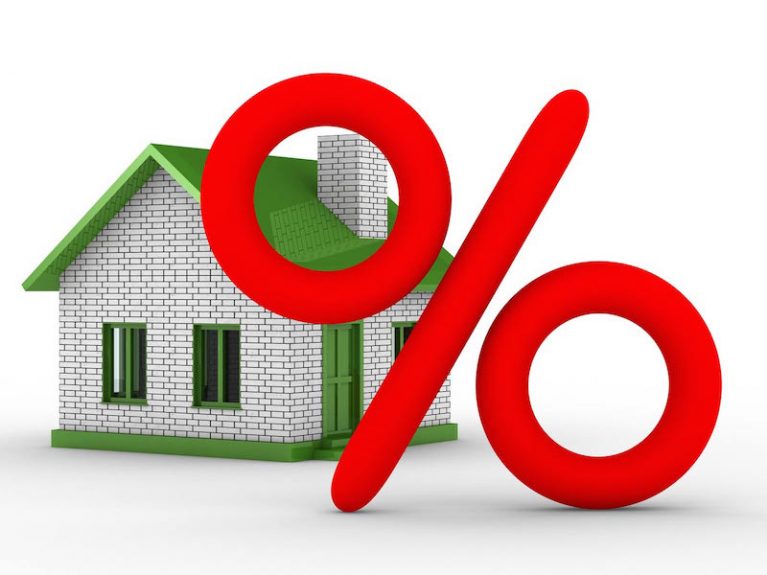RBA’s decision to cut interest rates to 1.75% earlier this year set a new all-time low for Australia, and this is starting to show through in the mortgage rates that banks are offering.
With some three-year fixed rates now 100 basis points (1%) lower than many variable rates on the market, you might be wondering whether now is a good time to switch your mortgage and lock in a low rate.
What’s likely to happen to rates now?
Well, we don’t really know.
One thing we do know is that predicting interest rates is a tricky task which even the most experienced economists often get wrong.
Rate fluctuations happen for all kinds of reasons that we have no control over, and if you look at the global financial picture there are some big events which could have an impact on economic conditions – think Brexit and the US presidential election.
With so much going on, nobody can really predict what the global economy will look like in 2 or 3 years’ time.
One thing Australia does have going for it is a strong financial history with 25 years of positive growth behind it, but whether this is enough to fight off any influences from the wider market… who knows.
In the short term, we do know that many experts expect there to be a further rate cut later this year from RBA.
What’s the risk involved?
Yes, you could fix your rate now and then find that future cuts mean you’re no longer getting the best deal. Equally, you could hold off a little longer and then find that rates increase and you’ve missed out.
In the end, it comes down to your personal circumstances and how much of a risk you want to take.
The obvious benefit of a fixed rate is knowing exactly how much you need to put aside each month for the duration of the loan. Some people like this stability, while others prefer the flexibility of a variable rate which allows them to pay off extra each month if they wish.
Even with rates as low as they are, some people are having trouble getting access to finance because of the Australian Prudential Regulatory Authority’s instruction to banks to tighten up on lending to investors.
If you’re trying to borrow money for an investment, you might find yourself subject to more restrictive conditions, like a high loan-to-value ratio meaning you need a massive deposit. Some banks have even put a complete stop to lending on certain property types and locations which they deem “high-risk”.
Fortunately, owner-occupiers are not generally subject to the same conditions as investors so they are able to benefit more from the current rates.
Whatever your situation, it’s a good idea to speak to a financial advisor before committing to anything so you can be sure you fully understand your options. After that, you have our full approval to go out and make the most of this exciting property market.











